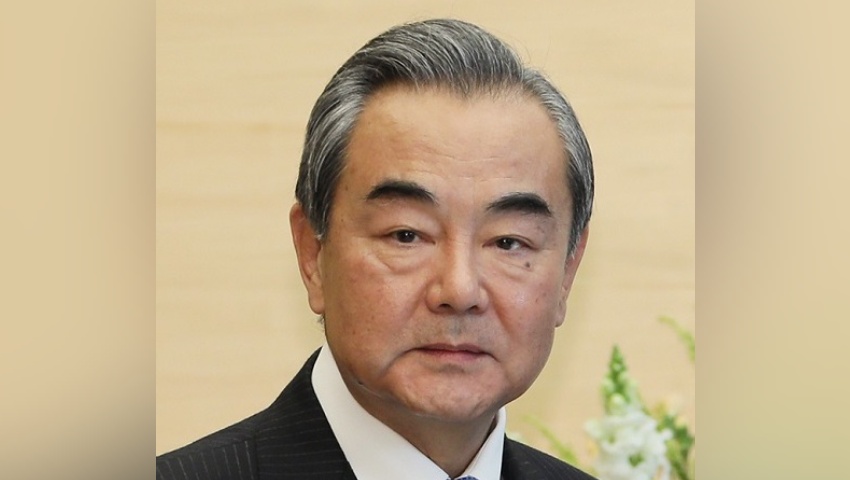Beijing’s attempt to tie 10 Pacific Islands nations to a trade and security pact has been resisted.
During a tour of the South Pacific, China’s Foreign Minister, Wang Yi, proposed the “China-Pacific Island Countries Common Development Vision”, which offers intermediate and high-level police training for Samoa, Tonga, Fiji, Kiribati, Papua New Guinea, Solomon Islands, the Cook Islands, Niue, Vanuatu, and the Federated States of Micronesia (FSM).
This was accompanied by a five-year action plan, which calls for ministerial dialogue on law enforcement capacity and police cooperation.
This included the provision of forensic laboratories, cooperation on data networks, cyber security, and smart customs systems.
The plan also advocated for a “balanced approach” on technological progress, economic development and national security – backing a China-Pacific Islands Free Trade Area, and joint action on climate change and health.
However, Beijing has reportedly withdrawn its proposal after it was met with resistance from some Pacific Islands leaders.
President of the FSM David Panuelo condemned the deal, with Reuters reporting other nations, including Niue, requested an amendment or a delay to the decision.
Foreign Minister Wang said the Chinese Communist Party (CCP) would review its offer before resuming negotiations.
“China will release its own position paper on our own positions and propositions and cooperation proposals with Pacific Island countries, and going forward, we will continue to have ongoing and in-depth discussions and consultations to shape more consensus on cooperation,” he said.
Wang sought to allay concerns over the impact of the deal on the sovereignty of Pacific Island nations.
“Don’t be too anxious and don't be too nervous, because the common development and prosperity of China and all the other developing countries would only mean great harmony, greater justice and greater progress of the whole world,” he added.
The secretary general of the Pacific Islands Forum, Henry Puna, called for greater emphasis on climate change action and the COVID-19 recovery.
Puna went on to acknowledge geopolitical tensions in the region amid fears the proposal would leave the region vulnerable to broader great power conflict.
“We are all well aware of the increasing intensity of geopolitical manoeuvring in our region today,” he said.
“Indeed, the recent influx of high-level visits to our Blue Pacific demonstrates the increasing value that our partners, including China, must place on our collective ability to think, live, engage and deliver.”
FSM President Panuelo had warned the proposal could spark a “new Cold War”, adding it would “increase the chances of China getting into conflict with Australia, Japan, the United States and New Zealand”.
The White House also issued a statement, with US State Department spokesperson Ned Price warning against agreements “negotiated in a rushed, non-transparent process”.
“We don’t believe that importing security forces from the PRC and their methods will help any Pacific Island country,” he said.
“Doing so can only seek to fuel regional and international tension and increase concerns over Beijing’s expansion of its internal apparatus to the Pacific.”
[Related: China’s new Pacific push sparks fear of ‘Cold War’]








